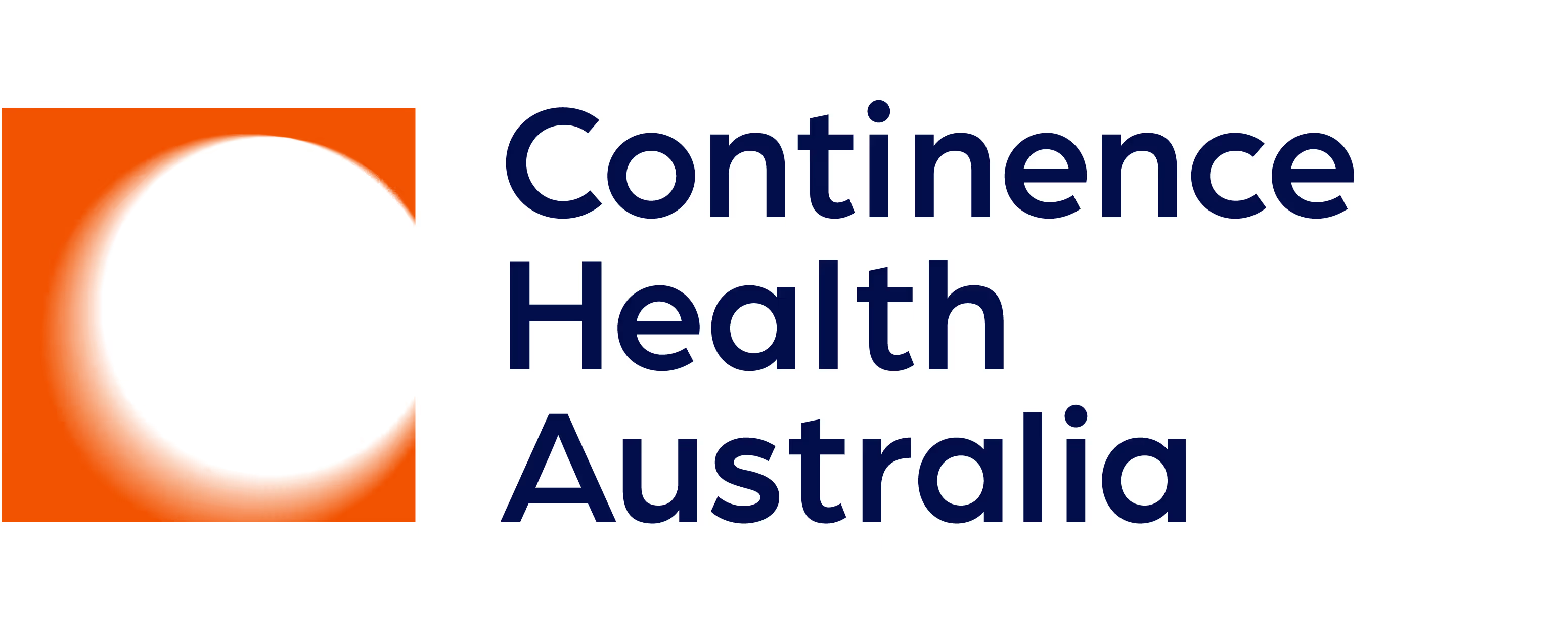Website and SEO Services Agency
Maximise your web potential.
Take your budget further with direct access to the skills, knowledge and team you need to succeed.












Our Services
Web
Get a new website that not only looks good but can convert traffic into new customers for your business.
- Conversion & SEO optimised
- Responsive designs for all devices
- Custom designs by local designers
SEO
Get targeted traffic from Google for the exact searches most relevant to the products or services you sell.
- On-page & technical SEO
- Content writing & strategy
- Link building & off-page SEO
Hosting
Offer unique, tailored experiences to your customers or improve efficiency with internal dashboards and tools.
- Customer portals or dashboards
- Internal tools & automated workflows
- Advanced payment/booking systems
What our clients say
“The team at Digital Treasury supporting our website gives us peace of mind... [They are] super responsive and knowledgeable and we are happy to recommend their services.”
"Together, we worked through our SEO and website over a period of weeks the results are evident in our new patient numbers."
“We are so happy with the website built for our new business. It looks great and it has taken just a couple of weeks for us to rank really well in Google."
Frequently Asked Questions
SEO (Search Engine Optimisation) is a digital marketing approach focused on boosting your website’s presence on search engines like Google, Bing, and Yahoo. By refining different elements of your site—such as content, meta descriptions, and backlinks—SEO works to improve your website’s position in search engine results. This increased visibility is vital as it attracts more organic traffic, potentially leading to a rise in leads, sales, and overall business success. Businesses frequently discuss the basics of SEO, its importance in attracting targeted visitors, and how it supports wider business goals.
SEO is a strategy that requires a long-term commitment, and it's essential to have realistic expectations from the outset. Typically, businesses may notice significant improvements within 3 to 6 months. However, this can differ depending on factors such as the level of competition, the industry, and the website's current condition. While addressing technical issues can result in some early successes, meaningful increases in rankings and traffic usually develop over time. Clients often ask for a clear timeline to gauge when they might start seeing a return on their investment (ROI).
SEO involves a series of steps, each critical to the overall strategy:
Website Audit and Analysis: Conduct a thorough evaluation of the site to pinpoint strengths, weaknesses, and areas that can be enhanced.
Keyword Research: Identify relevant keywords that your potential customers actively search.
On-Page Optimisation: Improving various on-page elements such as meta tags, headers, content, and internal linking to increase site effectiveness.
Content Development: Crafting high-quality, engaging content tailored to the needs of your target audience.
Link Building: Securing backlinks from credible websites to enhance the site's domain authority.
Technical SEO:Ensuring the website is technically robust, with fast loading speeds, mobile responsiveness, and secure connections.
Ongoing Monitoring and Adjustment: Regularly track performance and make necessary adjustments based on data and trends. Clients ask about these steps to ensure they are investing in a thorough and effective SEO strategy.
Success in SEO is measured through a variety of Key Performance Indicators (KPIs), including:
Organic Traffic: The number of visitors coming to the website from search engines.
Keyword Rankings: The position of targeted keywords in search engine results pages (SERPs).
Conversion Rates: The percentage of visitors who take desired actions (e.g., filling out a form, making a purchase).
Bounce Rate: The percentage of visitors who leave the site after viewing only one page.
Domain Authority: A score that predicts how well a website will rank in SERPs based on factors like link quality.
ROI (Return on Investment): Evaluating the financial return from SEO activities in comparison to the cost. Clients want to understand these metrics to gauge the effectiveness and profitability of their SEO investments.
Yes, we can provide case studies and examples of our previous work. Potential clients frequently request these to see concrete evidence of our past successes. They want to understand how we’ve helped similar businesses achieve their goals through SEO and website development. Our case studies typically highlight our clients’ challenges, the strategies we implemented, and the measurable results we achieved, such as increased traffic and higher conversion rates. This builds trust and demonstrates our ability to deliver on our promises.
Yes, we ensure that your website is both user-friendly and optimised for conversions. We understand that clients want a website that attracts visitors and encourages them to take action. To achieve this, we focus on several key areas:
User Experience (UX) Design: We create an intuitive and engaging interface that makes navigation easy and enjoyable for users.
Responsive Design: We ensure your website is mobile-friendly and looks great on all devices.
Call to Action (CTA): We strategically place buttons and forms to prompt users to take the desired actions.
Speed Optimisation: We ensure fast load times to reduce bounce rates and keep users engaged.
Conversion Rate Optimisation (CRO): We analyse user behaviour and make data-driven adjustments to increase the percentage of visitors who convert.
By incorporating these principles, we maximise the chances of turning your website visitors into customers.
Post-launch support is crucial for maintaining website performance and security. Clients want to know if the company provides:
Regular Updates: Ensuring the website remains up-to-date with the latest software versions and security patches.
Technical Support: Assisting with any issues that arise, such as bugs or downtime.
Content Updates: Offering services to update or add new content as the business evolves.
Performance Monitoring: We regularly check the site’s speed, uptime, and other critical metrics to ensure optimal performance. This ongoing support provides peace of mind, ensuring that the client’s website remains effective and secure over time.
SEO is an ever-evolving field, with search engines like Google regularly updating their algorithms. We make it a priority to stay ahead of these changes.
This might involve:
Continuous Learning: Attending industry conferences, webinars, and training sessions.
Membership in Professional Organisations: Being part of SEO communities or organisations that provide the latest insights.
Regular Testing and Experimentation: Consistently testing new strategies and adapting to changes in algorithms.
Industry Research: Staying informed with the latest studies, white papers, and expert opinions in the digital marketing sector.
We are confident that our SEO strategies are current and that we are proactive in adopting best practices.

































